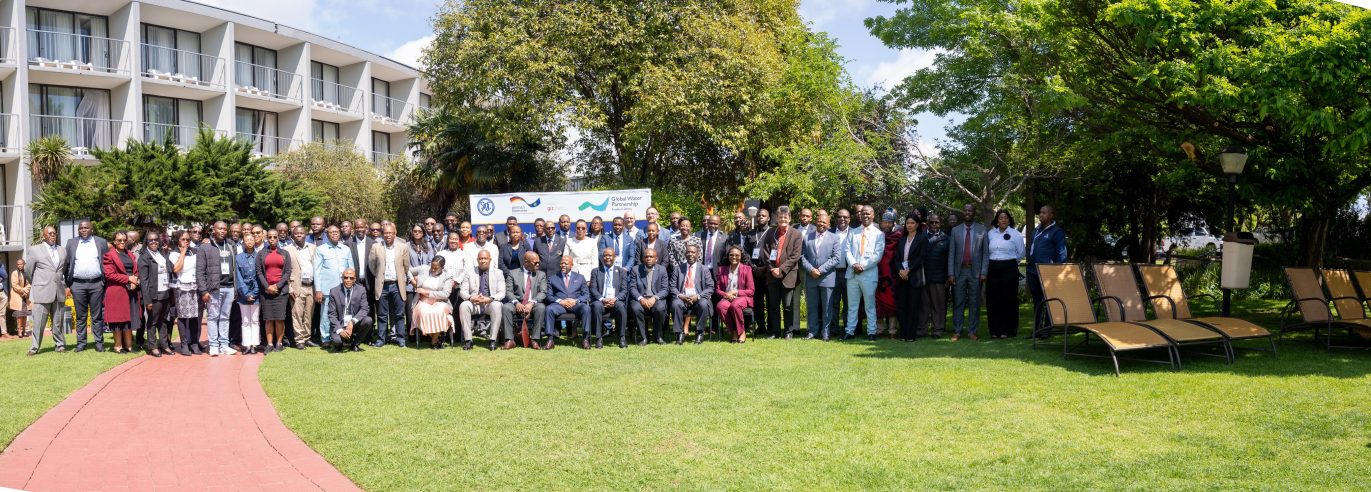
MASERU — Southern Africa is pouring billions into economic corridors while neglecting the one resource that makes development possible: water.
At a high-level gathering in Maseru this week, hosted by the Government of Lesotho and attended by ministers, development partners, and climate experts, Andrew Takawira, Global Water Partnership Southern Africa Interim Executive Secretary, warned that water continues to be treated as an afterthought rather than a strategic pillar.
“We cannot speak of corridors while ignoring the rivers and wetlands that feed them,” Takawira said in his keynote address. “We risk laying down asphalt while drying out livelihoods.”
The disconnect is already visible across the region. Highways cut through villages where women still walk kilometres to fetch water. Energy pipelines bypass smallholder farmers whose crops fail with every drought. Border posts facilitate trade, yet informal traders along those same routes struggle to access clean water for cooking or sanitation.
“A corridor that only moves trucks is incomplete,” Takawira said. “A corridor that protects rivers and wetlands builds resilience, inclusion, and long-term stability.”
He framed water governance not as an environmental concern but as “an economic necessity and a peacekeeping instrument across shared basins.”
Takawira stressed that development which bypasses the people living along corridors is not true development.
“Water is their way in — and right now, we are shutting them out,” he said.
He urged governments to abandon siloed planning and align water, energy, agriculture, and infrastructure under one shared purpose. Without this, Southern Africa’s corridors, while impressive on paper, will remain fragile, unjust, and unsustainable on the ground.





